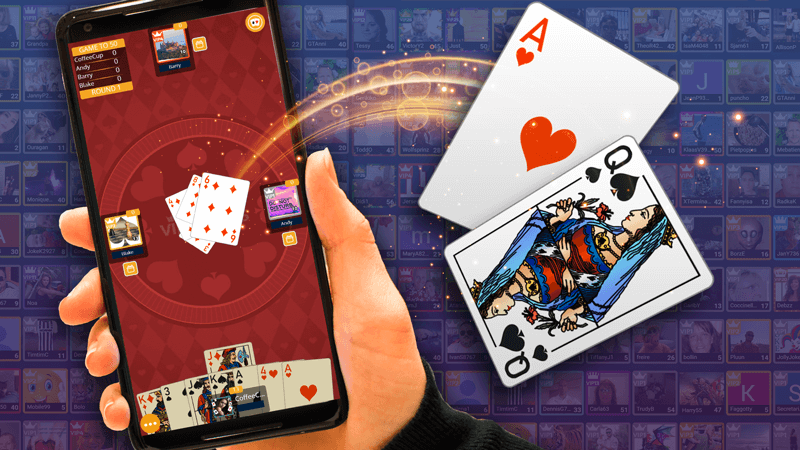Online gaming has transformed from simple pixelated graphics into an expansive universe of immersive experiences that captivate millions. As technology has advanced, so too have the ways in which we connect, compete, and collaborate in virtual spaces Megaxwin. This article delves into the evolution of online games, exploring their impact on society, culture, and technology.
A Brief History of Online Gaming
The roots of online gaming can be traced back to the late 1970s and early 1980s. Early computer networks allowed players to connect over basic multiplayer games like MUDs (Multi-User Dungeons). These text-based games laid the groundwork for future online experiences, creating communities that thrived on interaction and collaboration.
The introduction of the internet in the 1990s marked a significant turning point. Games like Ultima Online and EverQuest ushered in the era of Massively Multiplayer Online Games (MMOs), where thousands of players could inhabit a single virtual world. These games not only offered vast landscapes to explore but also created intricate economies, social structures, and narratives.
The Rise of Multiplayer Online Battle Arenas (MOBAs)
By the early 2000s, a new genre began to dominate the online gaming landscape: Multiplayer Online Battle Arenas (MOBAs). Games like League of Legends and Dota 2 gained massive popularity, attracting professional players and esports enthusiasts. These games focus on team-based strategies, where players must work together to defeat opposing teams. The rise of MOBAs also gave birth to a thriving esports scene, with tournaments offering substantial prize pools and attracting millions of viewers.
The Impact of Mobile Gaming
The advent of smartphones revolutionized online gaming once again. With titles like Candy Crush Saga and Clash of Clans, gaming became accessible to a broader audience. Mobile games require less commitment than traditional PC or console games, allowing players to enjoy gaming on the go. The convenience of mobile gaming has led to an explosion of casual gaming, creating a new demographic of players who may not have previously engaged with video games.
Virtual Reality (VR) and Augmented Reality (AR)
In recent years, advancements in Virtual Reality (VR) and Augmented Reality (AR) have begun to reshape the online gaming experience. VR allows players to immerse themselves in fully realized worlds, while AR games like Pokémon GO blend the digital and real worlds. These technologies have introduced new gameplay mechanics and social interactions, expanding the potential of online gaming.
Social Connection and Community
One of the most significant aspects of online gaming is its ability to foster social connections. Players can collaborate, compete, and communicate with others around the globe, forming friendships and communities that transcend geographical boundaries. Platforms like Discord and Twitch have further facilitated these connections, allowing gamers to share experiences, strategies, and entertainment in real time.
The Future of Online Gaming
As we look to the future, online gaming is poised to continue its evolution. Technologies like cloud gaming are making high-quality games more accessible, enabling players to stream games without the need for expensive hardware. Furthermore, advancements in AI and machine learning may lead to more dynamic and responsive game environments, creating richer experiences for players.
